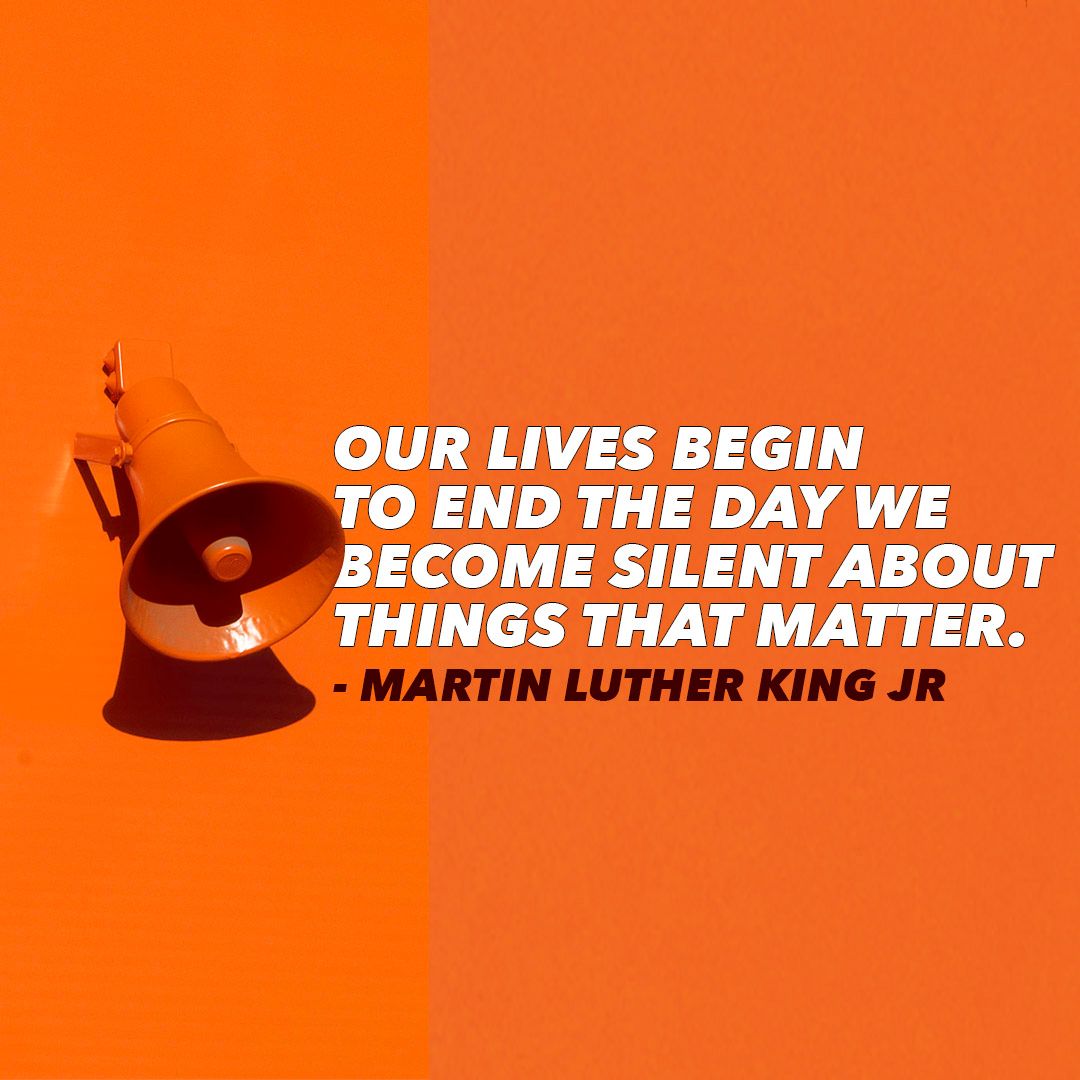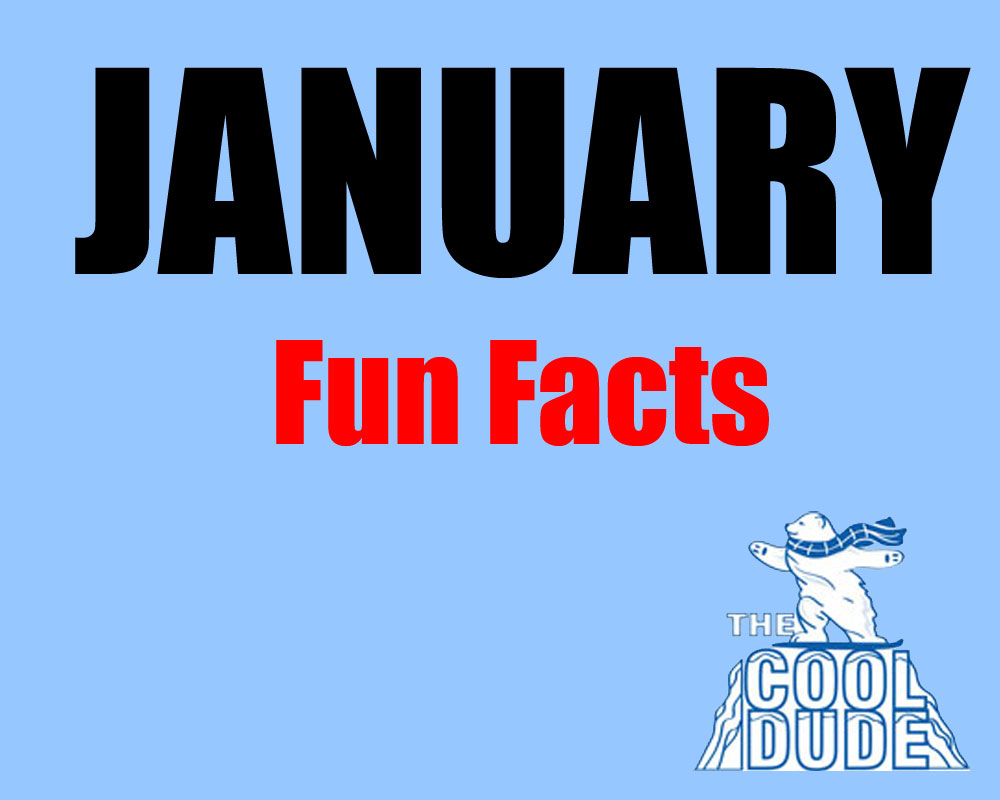If you’ve ever had an air conditioning system break, you know how horrible and uncomfortable it can be. Taking a shower is useless and sleeping comfortably is almost impossible.
You want to head off this trouble before it happens. Each home varies depending on the actual insulation values, duct work conditions, location of the home with respect to sun exposure, individual user operations, current system design, age, and efficiency of the equipment. Taking all of that into consideration, here are some ways you can determine if your air conditioner may be on its way out.
Symptoms
- Your digital thermostat’s display is blank or has lost power
- You hear unusual noises coming from your equipment
- Water is leaking from your indoor unit (Attic units can leak and cause water stains on the ceiling)
Are you still having trouble? There are some other things you can do to quickly determine if your air conditioning unit isn’t working properly.
Check the Temperature
Does it feel hot in your house? Make sure your thermostat is set to Air Conditioning Mode. If it’s two or more degrees warmer in your home than your thermostat setting, the air conditioner should be working. If it’s not, you may have a problem. Sometimes air conditioners can have trouble keeping up if it’s hotter than 93 degrees outside, but most of the time it should be able to maintain your home within a couple of degrees of your setting.
Feel the Air
If you still think something may be wrong with your system, check the air coming out of the supply vents. If the outdoor unit is running and the thermostat is in Air Conditioning Mode, you should feel cold air. If there is considerably less air than normal coming out of the vents, or if the air is warm, there may be an issue. If the outdoor unit is running and there is no air coming out of the vents, this is also a problem.
If this happens, your evaporator coils may be iced over. Be sure to cut off the unit so that it can thaw before a technician arrives.
Change Your Filters
Before you decide to call a technician, check your air filters. Dirty air filters can cause all sorts of problems. Replacing a dirty air filter may fix the issue. Change your filters regularly and keep your system well maintained to extend its life.





